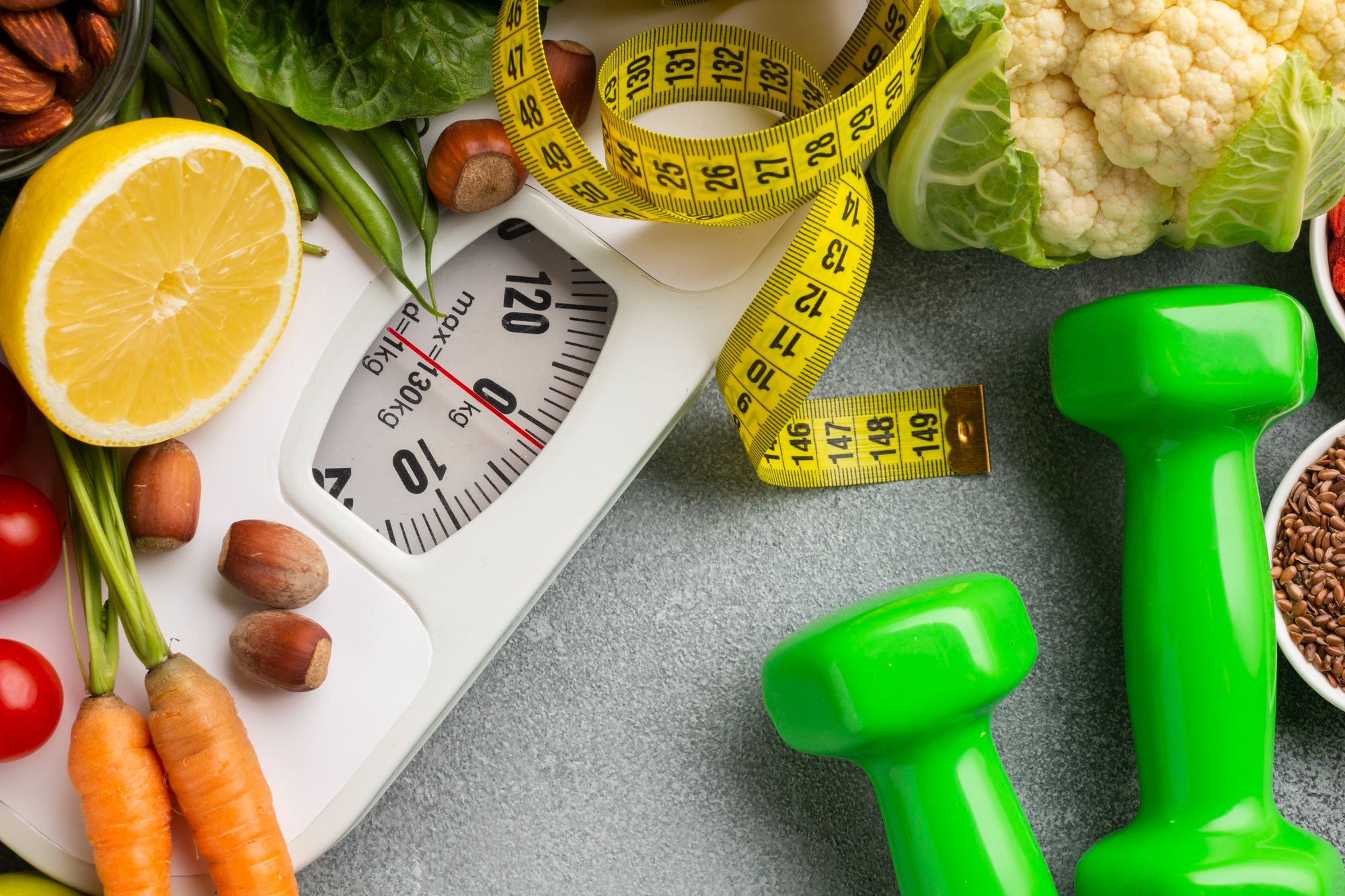It may seem logical to avoid fat when you are trying to lose weight, but that approach can actually backfire.
For years, dietary fat was blamed for weight gain, and many fat-free diets were marketed as the healthiest choice. However, modern nutrition tells a different story: certain fats don’t just belong in your diet; they play a vital role in helping you feel full, regulate your hormones, support your metabolism, and lose weight more sustainably.
In this article, we will explore which fats to include in your diet, which to limit, and how to include the right kinds of fat in your meals to support your health and weight loss goals.
What are Healthy Fats? Best to Have in Your Diet
When we talk about “healthy fats,” we’re referring to unsaturated fats. The kinds that fuel your body, support key functions, and may actually help with weight loss. Healthy fats that are best to have in your diet are monounsaturated and polyunsaturated fats.
These fats support hormone regulation, help your body absorb vitamins like A, D, E, and K, protect your heart, and can keep you feeling fuller for longer, all of which are helpful when trying to manage your weight.
The myth that “all fat is bad” stems from grouping all types of fat. But your body doesn’t treat them the same. It’s not just about calories, it’s about the quality of fat and how it affects your energy, appetite, and metabolism.
You’ll find healthy fats in everyday foods like:
- Monounsaturated fats — olive oil, avocados, almonds, cashews
- Polyunsaturated fats (including Omega-3s) — salmon, mackerel, walnuts, flaxseeds, sunflower seeds
A smart weight loss approach isn’t about eliminating fat. It’s about choosing these nutrient-dense sources to support satiety, metabolism, and overall health.
Why Healthy Fats are Key to Sustainable Weight Loss
Healthy fats slow digestion. They trigger satiety hormones and keep food in your stomach longer. This helps you feel full and satisfied for hours. They also help stabilize blood sugar and reduce the spikes and crashes that often lead to cravings and overeating.
Unlike fast-digesting carbs, which provide a quick energy burst followed by a slump, fats offer a steadier release of energy that supports better appetite control throughout the day.
Take breakfast, for example: a plain bagel (low fat, high carb) might give you a quick boost. But you’ll likely feel hungry again soon after. Swap that for avocado toast, which is rich in monounsaturated fats, and you’ll stay full longer and be less tempted to snack, making it easier to stay within your calorie target.
Healthy fats, especially omega-3s, also support your metabolism and hormone function. They help regulate appetite and improve insulin sensitivity. Both are crucial for sustainable fat loss.
Should You Be Concerned About Fat-Free Diets for Weight Loss?
Many fat-free products compensate for the loss of flavor and texture by adding sugar and refined carbohydrates.
When fat is removed, food often becomes bland. Manufacturers usually compensate by adding sugar, corn syrup, or starches to restore flavor. The problem is these ingredients can spike your blood sugar, then send it crashing, which increases cravings and makes you hungrier sooner.
This blood sugar fluctuation can lead to overeating, even when you’re choosing so-called “fat-free” foods. Over time, a diet high in refined carbs may increase insulin resistance and promote fat storage, which is the opposite of what you want when trying to lose weight.
For example, fat-free yogurt often contains more added sugar than its full-fat counterpart. While it may have fewer calories from fat, it’s less satisfying, meaning you’re more likely to snack again sooner. The same applies to fat-free salad dressings, which can contain hidden sugars and thickeners. A simple olive oil and vinegar dressing, on the other hand, provides healthy fats and helps your body absorb fat-soluble nutrients from the greens.
Over-restricting fat can also interfere with your body’s ability to absorb vitamins and regulate hormones, both of which are essential to overall health and successful weight loss.
How the Right Fats Support Weight Loss Nutrition
When it comes to weight loss and overall health, the type of fat you eat matters more than the total amount.
Saturated and trans fats are often found in processed snacks, red meat, and certain dairy products. These types of fat can increase inflammation, raise LDL (“bad”) cholesterol, and impair insulin sensitivity. All of these can make weight loss more difficult and raise your risk of chronic disease.
On the other hand, unsaturated fats, such as those found in olive oil, avocados, nuts, seeds, and fatty fish, are beneficial. These fats support heart health, help reduce inflammation, and promote a healthier metabolism.
If you simply cut out all fats without paying attention to quality, you might replace helpful fats with refined carbs and added sugars. This can leave you hungrier, spike your blood sugar, and stall your progress.
Picture two people trying to lose weight. One avoids all fats and loads up on “fat-free” products and refined grains. The other uses olive oil when cooking, eats fatty fish twice a week, and snacks on almonds or seeds. While the first person might lose weight short-term, they’ll likely struggle with hunger and low energy. The second is more likely to stay full, maintain energy, and lose weight in a more sustainable, balanced way.
It’s not about cutting or avoiding fat in your diet for weight loss. It’s about choosing the right fats that support your metabolism, blood sugar balance, and appetite control.
How to Use Fat in Your Diet to Lose Weight
Healthy fats aren’t just something experts talk about in theory. You can actually apply them easily in everyday meals.
- Breakfast: Scrambled eggs with avocado, or a smoothie with chia seeds or nut butter.
- Lunch: Add a tablespoon of olive oil to your salad or toss in a small handful (about 30g) of walnuts for crunch and lasting fullness.
- Dinner: Cook with healthy fats like olive oil or sesame oil, or include fatty fish like salmon or mackerel once or twice a week.
Remember: Healthy fats are still calorie-dense. Keep portions in check. A little goes a long way in supporting your energy, satiety, and weight loss goals.
Final Thoughts
Sustainable weight loss isn’t about cutting everything out; it’s about eating smarter, not stricter.
Research shows that healthy fats play a decisive role in helping you stay full, fuel your metabolism, and absorb essential nutrients.
Focus on quality over quantity. Choose whole-food fat sources like avocados, olive oil, nuts, seeds, and fatty fish. Limit processed products that replace fat with sugar or additives.
When you include the right fats in balanced portions, you make meals more satisfying and sustainable. That’s how you build a habit you can stick with, not just now, but long term.
Frequently Asked Questions (FAQs)
Commonly asked questions about having fat in their diet, and trying to lose weight.


